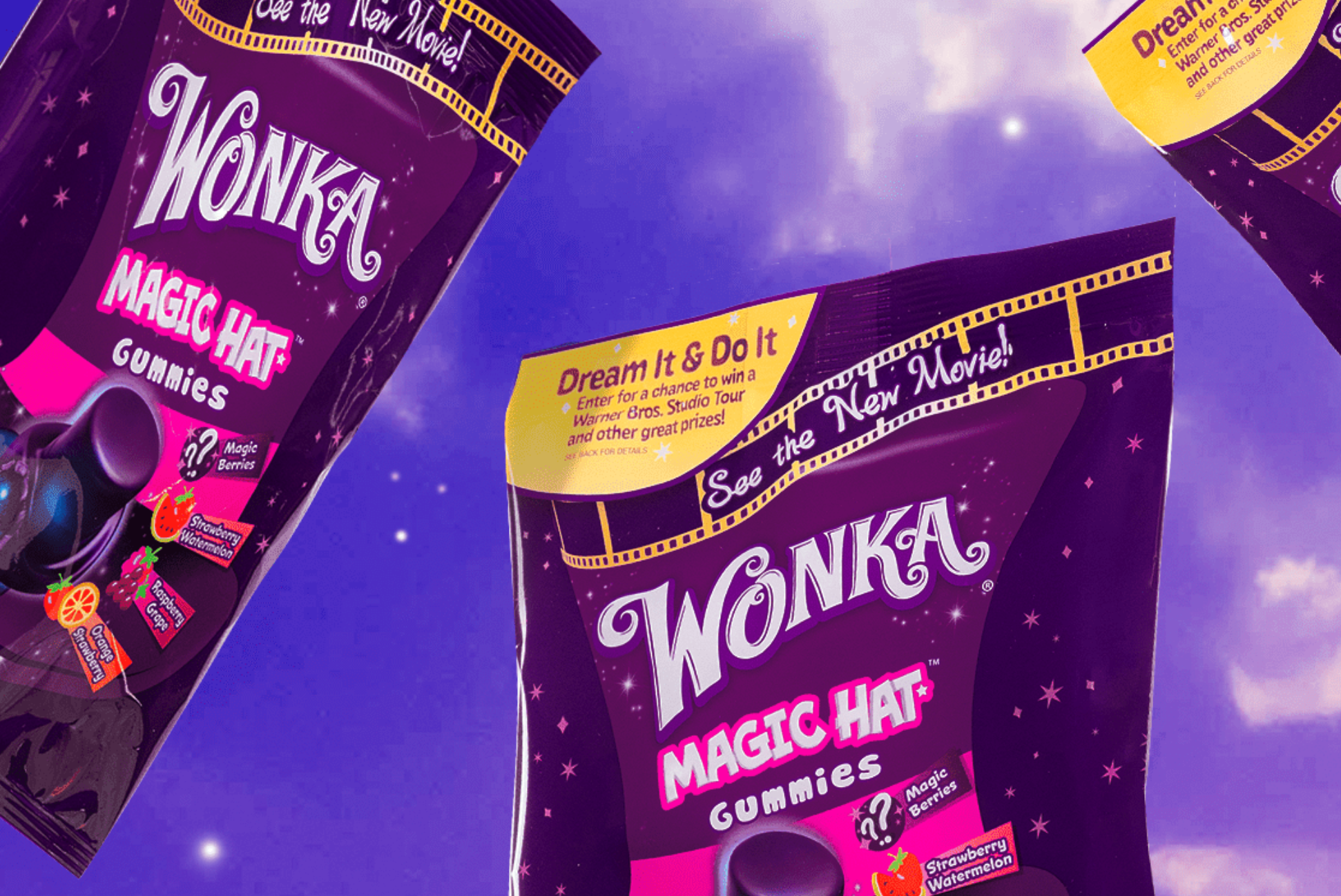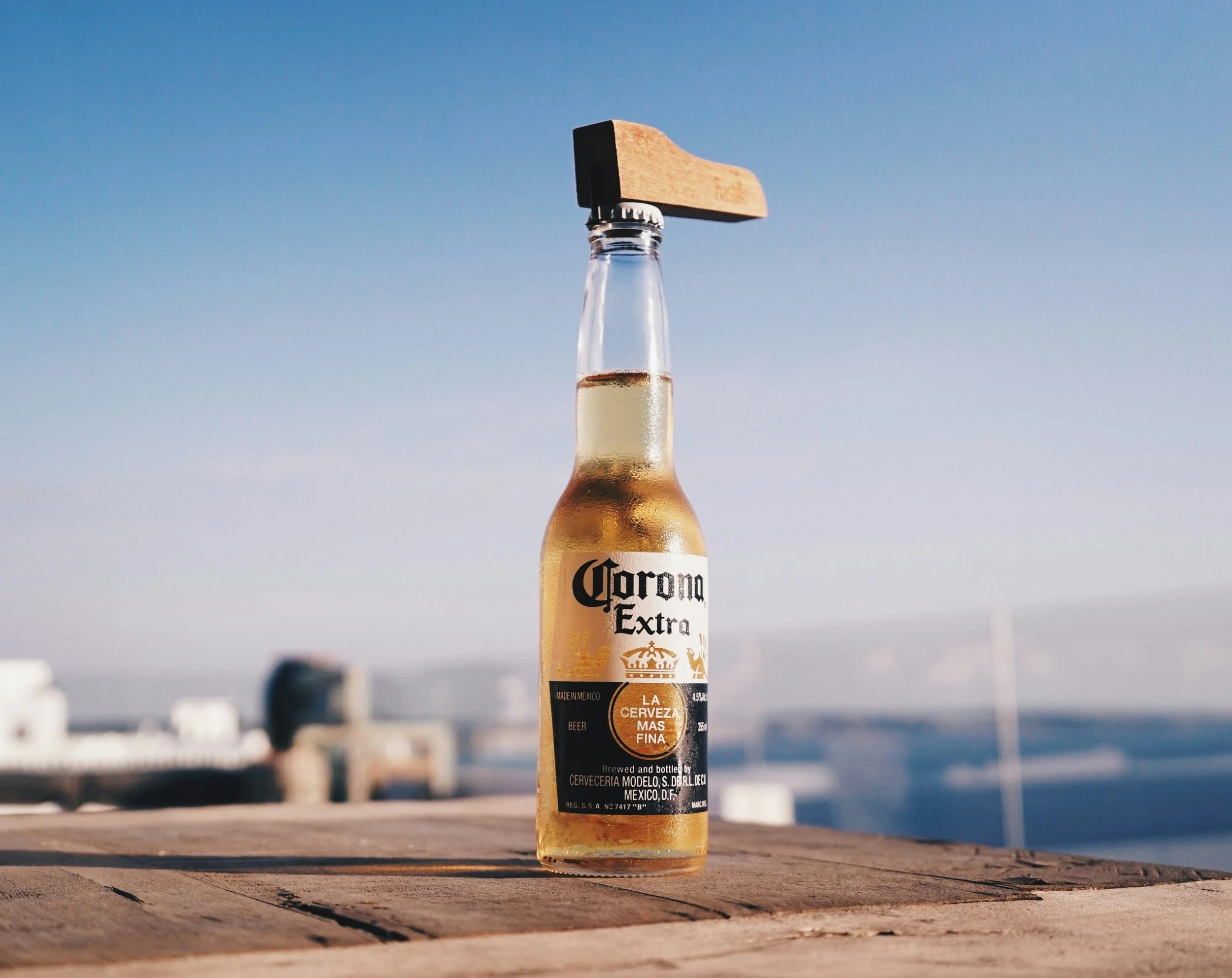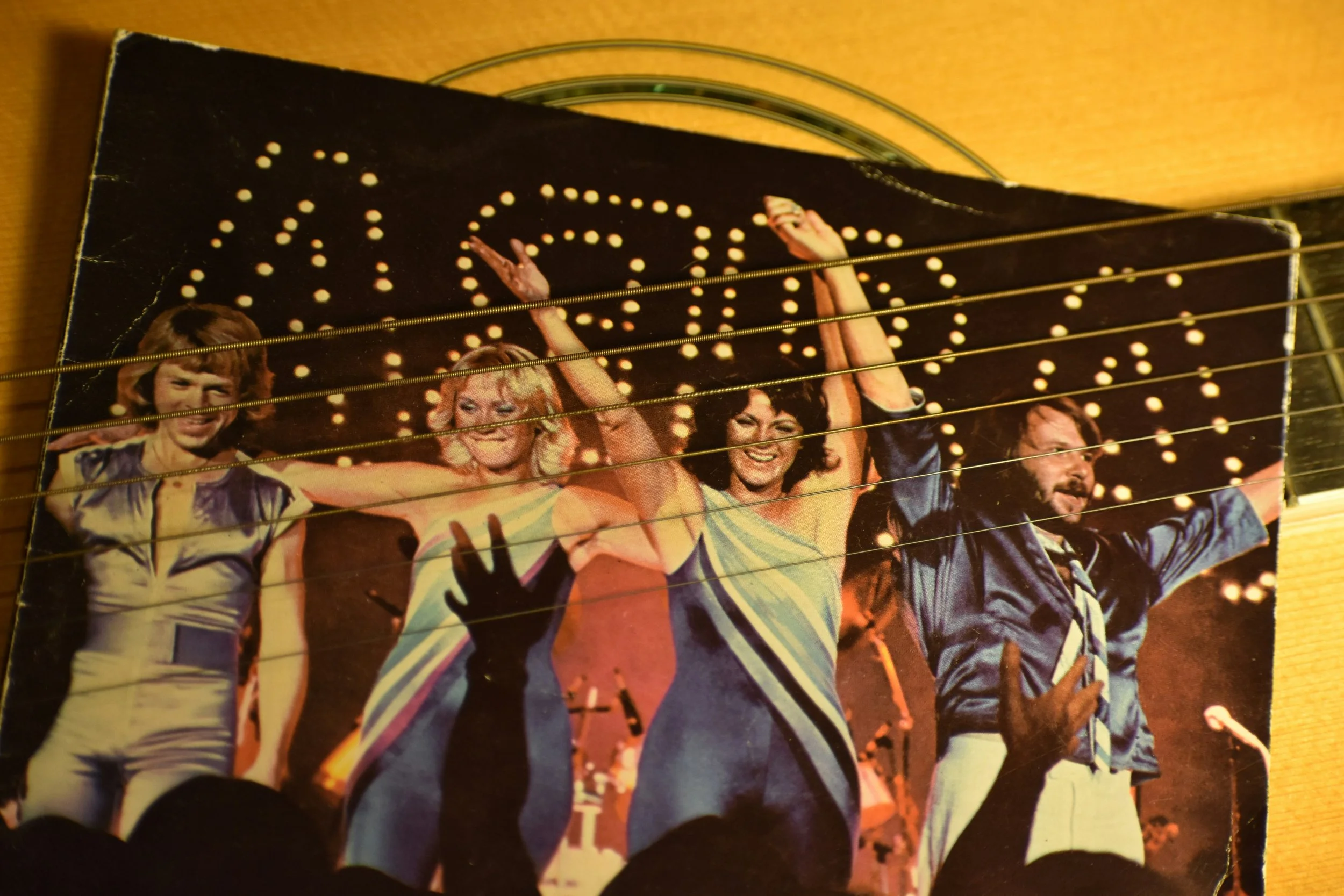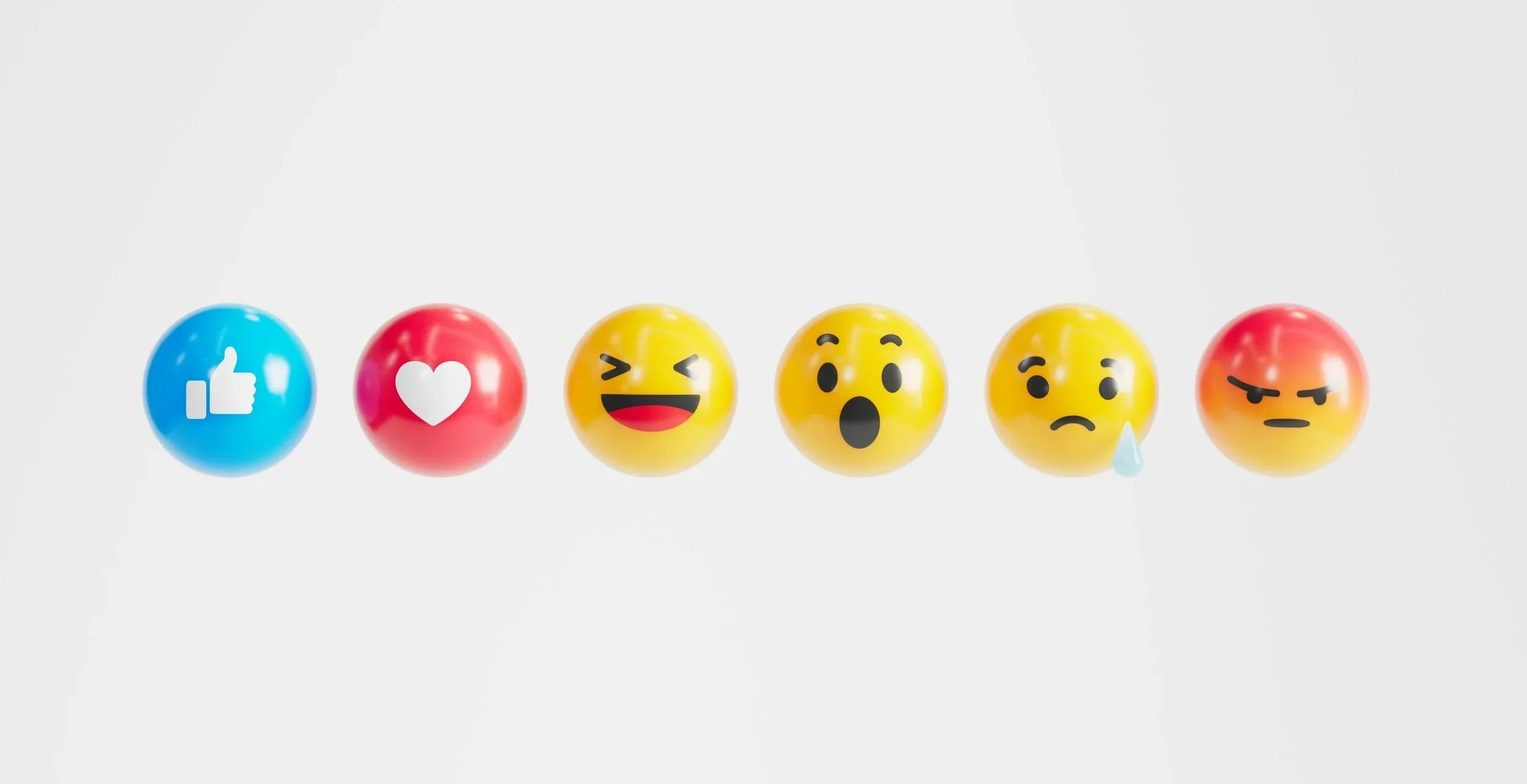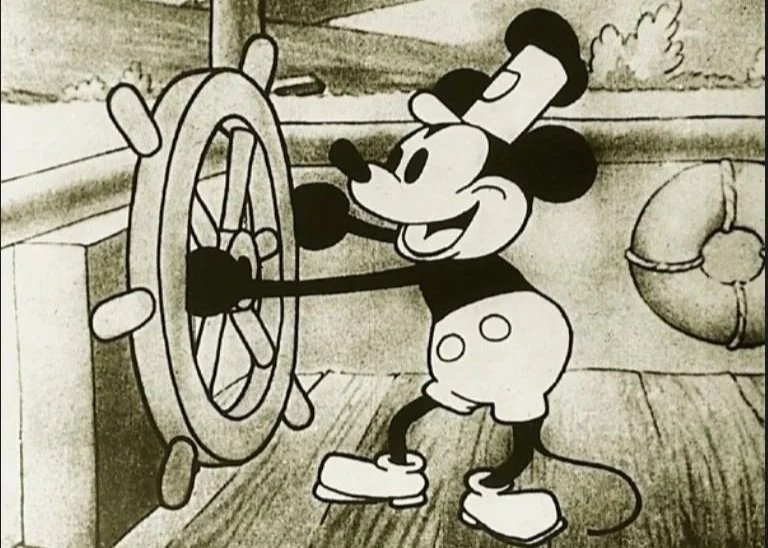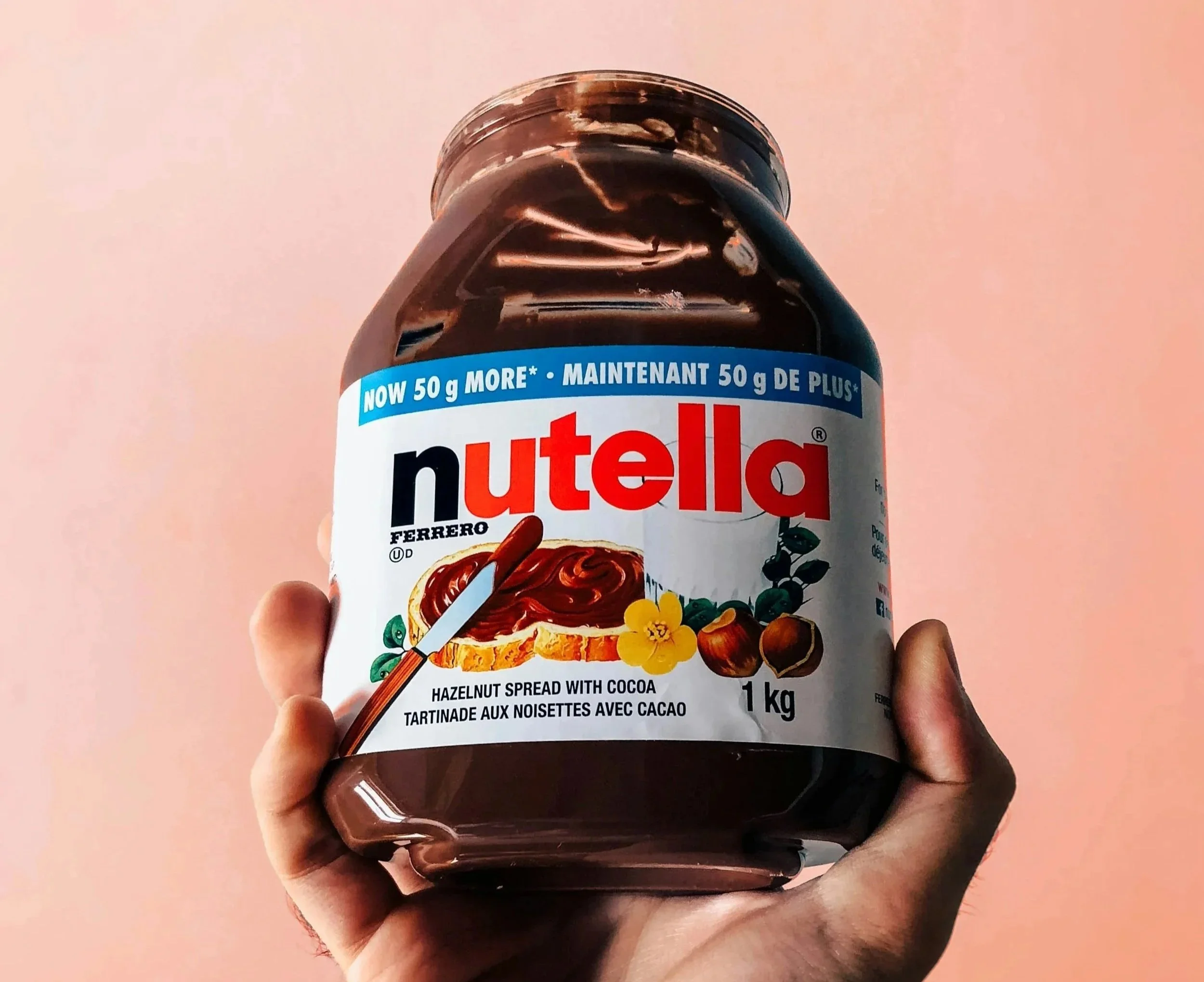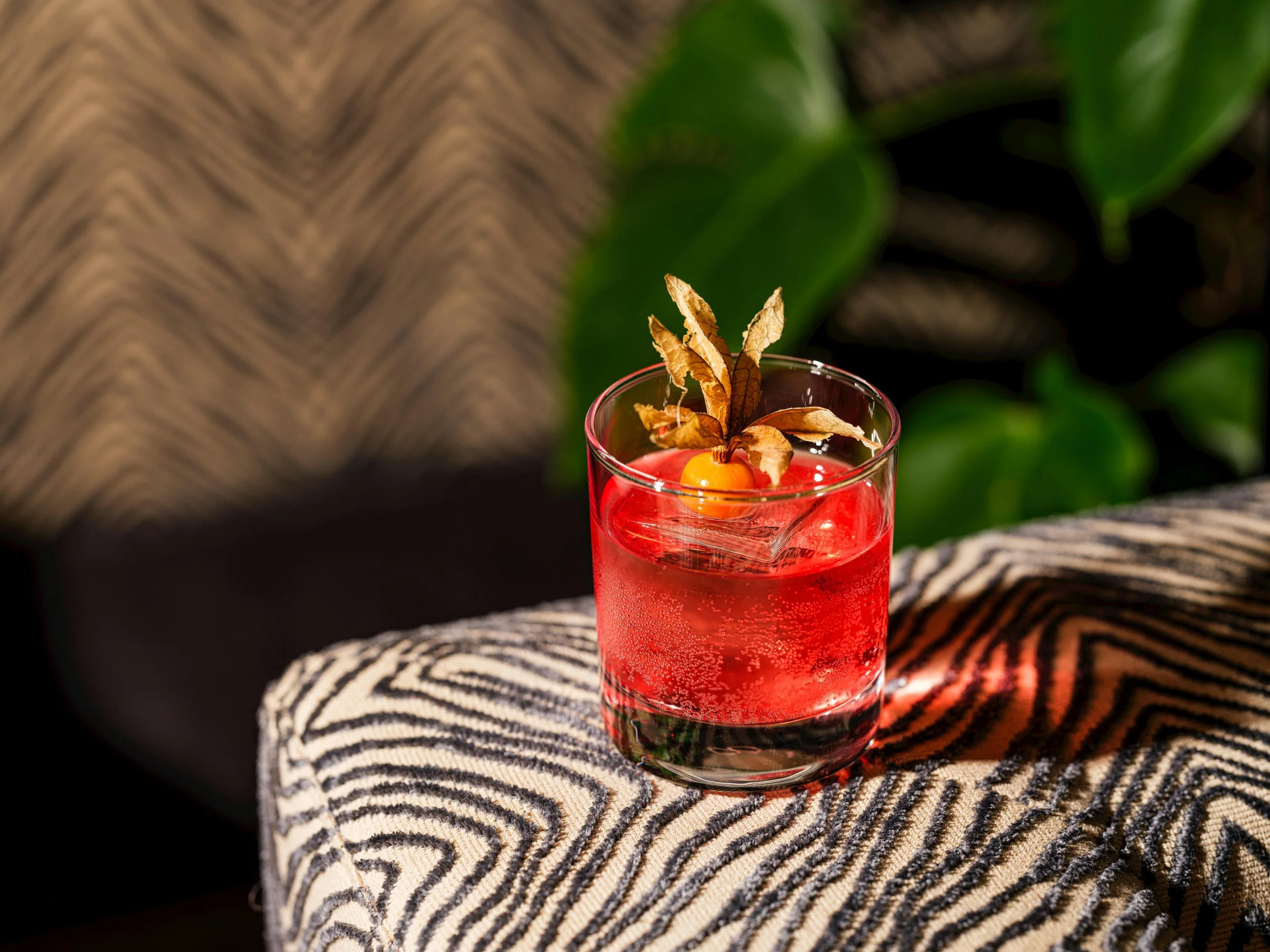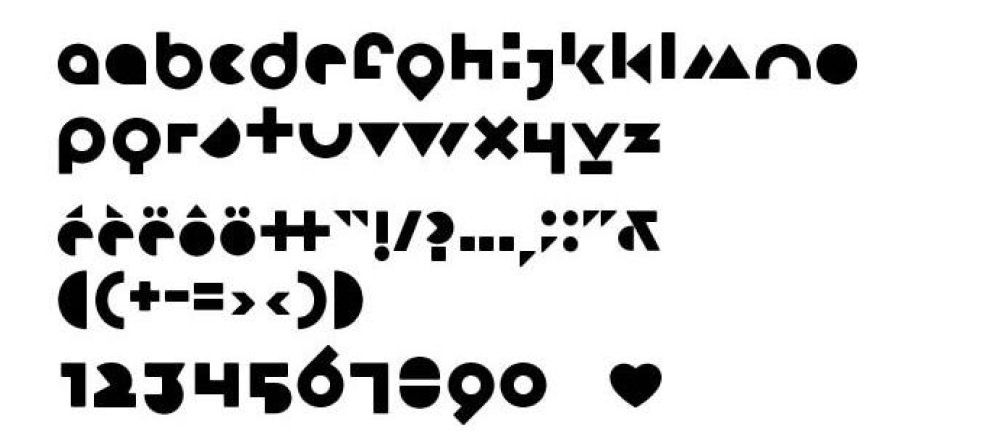Read and enjoy the latest about the fascinating world of trademarks here. The latest on developments in the field of trademark rights, including background information, relevant cases and videos about a range of trademark topics can be found in our Thinktank.
Blogs
From fiction to real life trademark: WONKA versus WONKITOS
The value of trademark registration became clear recently when opposition was filed against the European application WONKITOS based on the existing WONKA trademark. A Spanish company sought to register this mark for a range of food products. Ferrero opposed the application on the basis of its earlier WONKA trademark.
La cerveza más fina: the best beer, but also the best trademark?
Grupo Modelo, the company behind the Corona brand, sought to register a graphic element from the Corona label as a European Union trademark: a black circular shape bearing the words LA CERVEZA MÁS FINA with a crown above them. Can such an element function independently as a trademark?
ABBA nutritional supplements, is that trademark infringement?
The English company ABBA Nutrition sought trademark protection for the name ABBA for, amongst other things, nutritional supplements, medical equipment, drinks, distribution of supplements, restaurant and hotel services and medical services. The famous Swedish band objected to this based on its famous trademark ABBA for music.
Emoji is a trademark but Kikkoman gets away with it
We all know emoji as digital pictograms that add expression or emotion to our messages. What is less well known is that “emoji” is also registered as a trademark by the German company Emoji Company. In a recent opposition case, that mark clashed with KIKKOMAN EMOJIGRID, applied for by the Japanese company Kikkoman.
MICKEY IS (NOT) FREE!
Any new brand name containing “Mickey” immediately evokes associations with Disney’s character Mickey Mouse. The same was true for a European trademark application for the word mark MICKEY IS FREE!, intended for streetwear. The applicant sought to suggest that the copyright of the original Mickey Mouse has now entered the public domain. Disney filed an opposition.
NUTELLA vs MASTELLA: when a brand’s look speaks louder than its name
Not only the trademark NUTELLA of the Italian group Ferrero is world-famous; its jar, colour scheme and distinctive overall presentation are also instantly recognisable to many consumers. This visual identity was at the heart of a recent opposition before the European Union Intellectual Property Office (EUIPO), in which Ferrero objected to an application for the MASTELLA label.
Beer pong, negroni, wine and sex
The title sounds like a party that got out of hand. But no, these are recent European trademark applications, two of which were refused by the European Union Intellectual Property Office (EUIPO). Why were the Dutch 'BIERPONG' and 'SEKS & WINE' refused, while 'CECI N’EST PAS UN NEGRONI' made the cut?
New Renault typeface rejected
Renault developed a new, well-designed typeface for use within its digital environment and attempted to register this design as a European trademark but the European Union Intellectual Property Office (EUIPO) refused the application.
De 9 Straatjes: one street too far
The De 9 Straatjes (9 Streets) name will be familiar to anyone who has spent time in Amsterdam. It refers to the well-known shopping area in the city center, home to boutiques, cafés and galleries. For years, the entrepreneurs’ association behind this neighborhood held an EU trademark for DE 9 STRAATJES.
(Artificial) flower power
Recently, two Danish parties faced off in a dispute over the design registration of a cream-white hydrangea. The complainant’s objection? The flower looked too real, too natural. In other words, no creative choices were made and the flower therefore lacked any true design. They also argued that the design was no longer new and lacked individual character.
Lacoste goes after Asian crocodiles too
A crocodile logo for apparel? That’s guaranteed to catch the eye of Lacoste’s trademark team. The company is notoriously vigilant toward anyone trying to claim similar figurative marks, in order to prevent free-riders from capitalising on its iconic brand. So what happened when a Taiwanese company filed a trademark featuring two crocodiles and Chinese characters?
Harry Potter and football
Football player Kerem Aktürkoğlu often gets called Kerem “Potter” by fans — celebrating his goals with a Harry-Potter-style spell-casting gesture. But could this gesture infringe Warner Bros.' trademark rights? And why did a reported lawsuit suddenly disappear as if by magic?
The Hobbit can work magic
The name Hobbit is known worldwide—whether through J.R.R. Tolkien’s books or the film adaptations. Does this automatically mean that everyone also knows the Hobbit trademark? That’s an interesting question that the Board of Appeal of the European Union Intellectual Property Office (EUIPO) is currently considering in a similar case. This decision is however about examining the interesting question of how far the similarity of goods and services extends.
Why Jägermeister’s bottle look still reigns supreme
Recently, the Italian Polini Group attempted to register a new label under the name Alten Kräuterfrau as an EU trademark. Jägermeister opposed the application, arguing that the design leaned too heavily on the appearance of its recognizable bottle.
Use your brand as a trademark
Thanks to its innovation, the Dutch horticulture, agriculture, and gardening sectors are one of the pillars of the Dutch economy. But the growers and farmers need to come up with names for all the wonderful new things they grow and cultivate. Coming up with a name is difficult enough, but often two names are needed for each new product. That requires some explanation.
AVICII - Brand crucial for protecting the name of deceased artist
The tragic death of one of the world's most famous DJs, AVICII, does not mean that his intellectual property rights have come to an end. In fact, a strong IP portfolio makes it easier for his heirs to properly manage his estate. However cruel it may be, the value of a deceased celebrity's name generally remains high, even after that person has passed away. This is also the case with AVICII, whose music is still played daily on the radio, television, and in clubs.
And what if your last name is Alessi?
The Italian design brand Alessi has been synonymous with stylish, elegant products for decades — from coffee pots to corkscrews — all infused with design, humor, and Italian finesse. Renowned designers like Philippe Starck, Ettore Sottsass, and Zaha Hadid have collaborated with the brand.
Recently, Alessi had to defend its trademark in an opposition case against ALESSI COMFORT, a brand filed for furniture by an Italian man named Antonio Alessi. He may have believed that using his own surname would entitle him to register it as a trademark — but that’s a common misconception.
Under trademark law, having a personal name doesn’t automatically grant the right to use it as a brand name. Otherwise, the market would be full of fake CHANEL, PORSCHE, or PHILIPS brands. Article 14 of the EU Trademark Regulation allows people to use their own name only under strict conditions: the use must genuinely refer to the person and must not be misleading or confusing. Therefore, labeling furniture prominently with “ALESSI” is not allowed.
As a result, Antonio Alessi’s defense failed, and his ALESSI COMFORT mark was rejected by the EU trademark office — a somewhat naïve attempt to benefit from the fame of the iconic Alessi brand.
Hands off Nike’s Swoosh
A simple, flowing line that stands for speed, performance and innovation for decades. Of course, we’re talking about Nike’s world-famous Swoosh. Designed in 1971 by graphic designer Carolyn Davidson, the Swoosh has become one of the most recognisable symbols in the world. So recognisable, in fact, that it often appears without the word “Nike” — and everyone still knows exactly what it represents. Recently, this iconic symbol found itself at the centre of a legal dispute.

